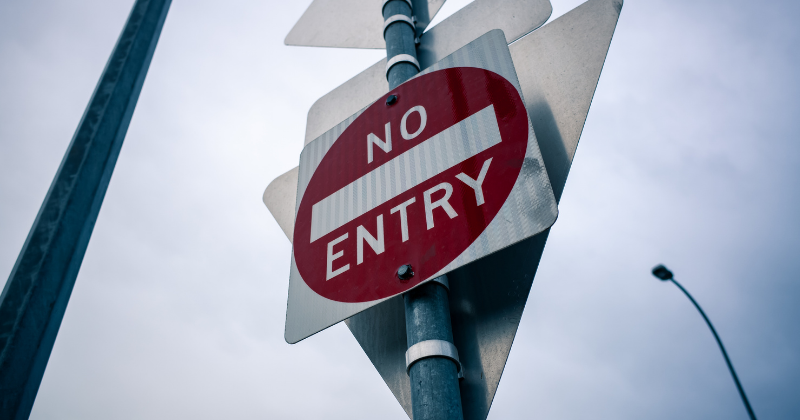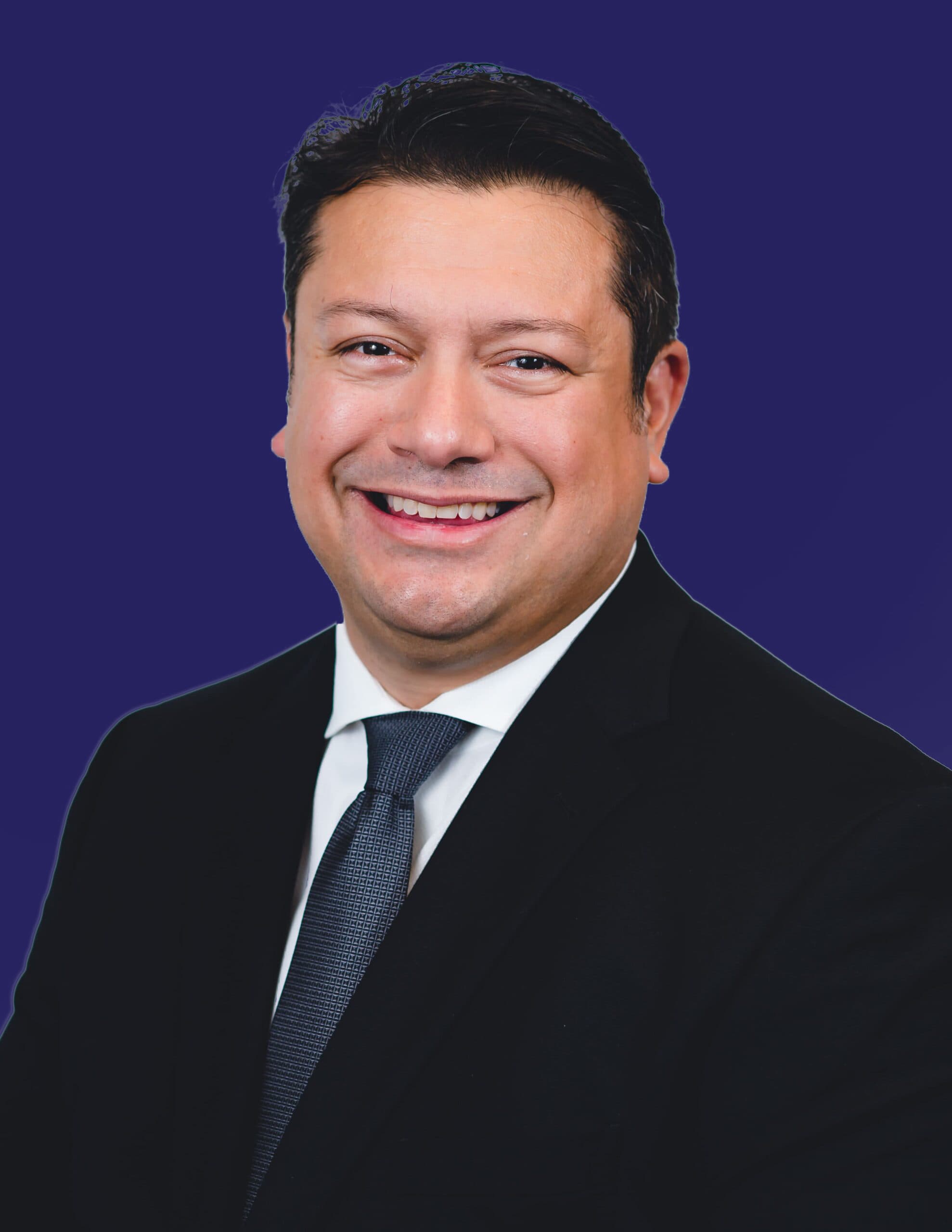
One of the worst experiences you can have is to be denied a green card when outside of the United States. Often this happens after a consular interview where the officer finds you inadmissible and ineligible – often for a previous unlawful entry or previous criminal conviction.
One path forward is to file for an Extreme Hardship Waiver to demonstrate that the denial will cause extreme hardship to an “immediate family member” that is a U.S. citizen or permanent resident. The waiver is filed on form I-601 Waiver of Inadmissibility with USCIS.
If a family member who is a U.S. citizen or permanent resident would suffer extreme hardship if the applicant is denied legal entry to the United States, that may qualify for a hardship waiver. It is important to be able to prove that the US citizen or permanent resident relative would suffer extreme hardship. How do you prove extreme hardship? The applicant must be able to prove how the U.S. resident’s harm will be “extreme” and not a typical hardship that occurs when families are separated, and also that the hardship would be extreme if the same family member were to relocate outside of the United States. The extreme hardship must be to the US citizen or legal permanent resident family member, not the applicant:
• If a family member needs medical attention that the immigration applicant provides you may need medical records or doctor’s letters.
• If the applicant is the primary financial supporter of their family in the U.S., they would need to prove that they cannot earn the same amount of money in another country away from their family.
• The applicant’s minor children are U.S. citizens who do not speak their parent’s native language and have never lived in the parent’s home country.
1. Does the immigrant’s sponsor have to file the hardship waiver?
No, the relative who would suffer extreme hardship if the immigration application is denied does not have to be the immigrant’s sponsor. It can include the parent or minor child (under 21 and unmarried) that is a US citizen or lawful permanent resident.
2. How long does it take to get a hardship waiver approved?
The typical wait time for a hardship waiver is 12 -16 months.
3. What happens after the hardship waiver is approved?
Assuming the applicant was already deemed inadmissible outside of the United States, the applicant would reschedule a meeting with the local U.S. consulate. Assuming there are no other issues, the local consular officer will issue the immigrant visa to the applicant.
Hardship waivers can be complex and very difficult to prove. There are extensive documentation requirements to prove to an immigration officer that a U.S. resident or citizen will suffer extreme hardship and not just a normal hardship caused by separated families.
If your immigration application is denied and you want to appeal, it’s important to have an experienced immigration lawyer on your side, fighting for your rights. Immigration law can be confusing, and it changes frequently. The deportation defense immigration attorneys at Godoy Law Office in Chicago and Oak Brook can help you with your immigration case. If you need help with an immigration issue, please contact our office or call us at 630-912-0322.

Immigration Attorney Mario Godoy has years of experience guiding clients with immigration issues through the immigration process along with guiding clients through the criminal case. Godoy focuses on family-based immigration law, business immigration law, removal defense, and criminal defense representation of immigrants. A criminal charge or conviction can be devastating to your immigration case. With over a decade of immigration law experience and memories of family members who were deported due to bad legal advice, Godoy is committed to helping other immigrant families receive the legal justice they deserve. As a legal entrepreneur who practices immigration law, criminal law, estate and probate law, and running two successful law firms, Mario Godoy understands the importance of keeping families together and making a home and future in America.




